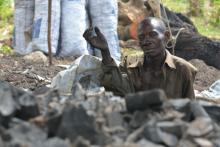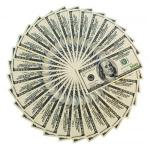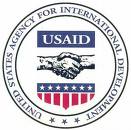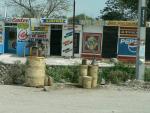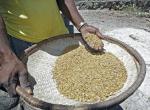Charcoal Trade in Haiti Getting a Major Rethink
Charcoal production is a cause of deforestation in Haiti although the true extent is debatable. Most Haitians in the countryside do not have affordable energy alternatives and many livelihoods are linked to making, transporting, and selling it. Rather than lamenting the country's dependence on charcoal, an alternative approach would be to help charcoal producers switch to fast-growing trees and harvest them in a more environmentally responsible manner. The Haitian government, J/P Haitian Relief Organization, and the World Bank are promoting efforts to do so in rural areas. More information in the AP article below.
